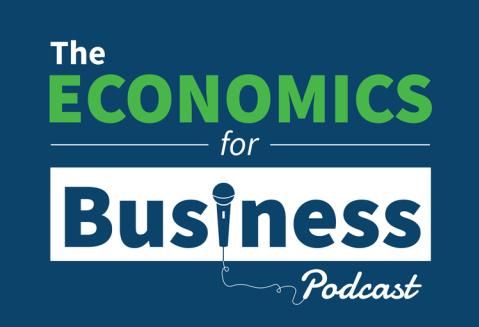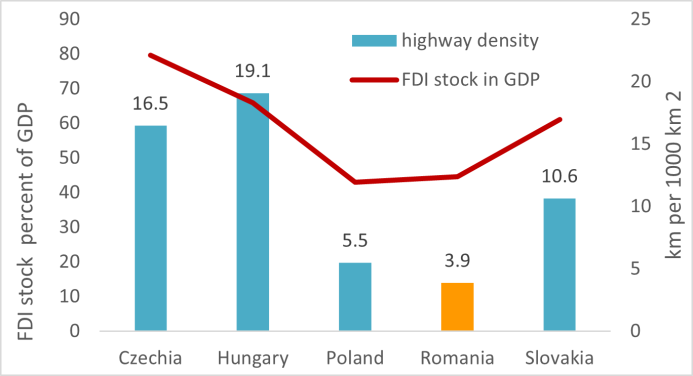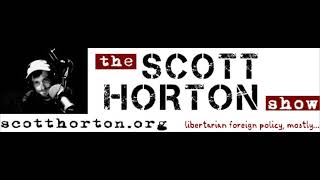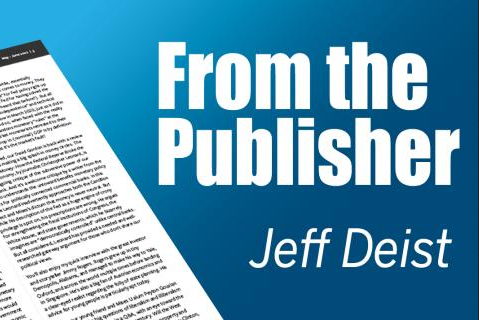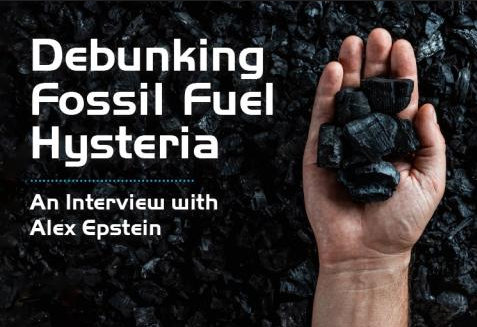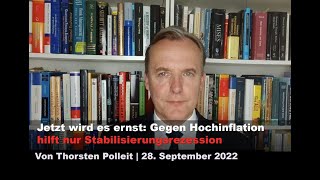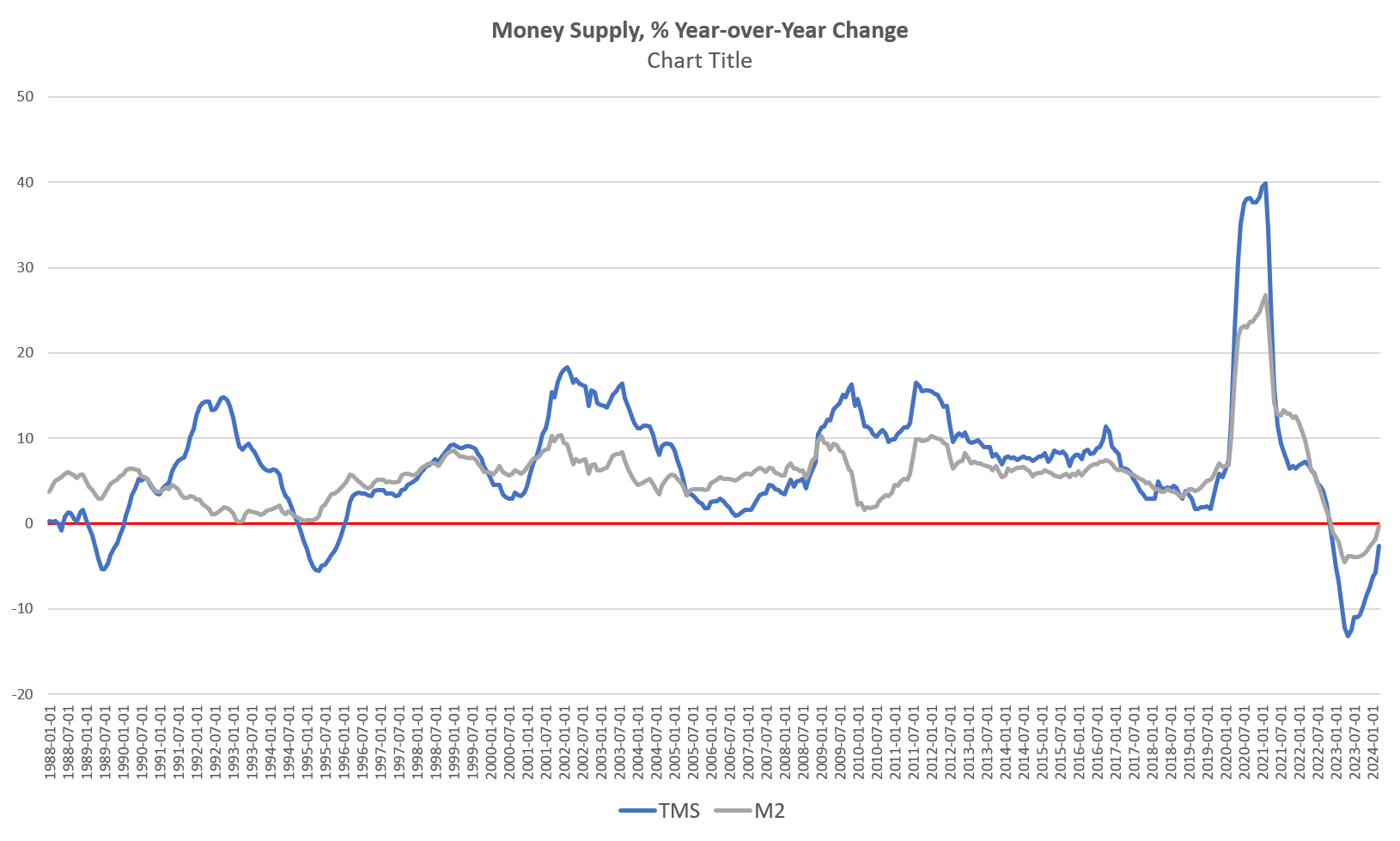Category Archive: 6b.) Mises.org
The Fraudulent Social Contract of Bad Money Regimes
Bad money regimes base themselves on a dysfunctional social contract. You, the people, agree to put up with a “moderately good” money in return for us (the regime) providing benefits in terms of employment and economic prosperity which would be unavailable if you (the people) had insisted on a high-quality money.
Read More »
Read More »
Peter Klein: Why Managers Still Matter
Entrepreneurial businesses embrace adaptiveness and change, and continuous innovation enabled by flexible and responsive organizations, empowered at every level. That doesn’t mean there’s no role for managers.
Read More »
Read More »
A Cliché of Socialism: Under Public Ownership, We the People Own it!
Foundation for Economic Education founder and cornerstone Leonard Read always had an ear out for widely accepted but misleading clichés that served to aggrandize government power and limit liberty. In his 1965 “A Cliché of Socialism: Under Public Ownership, We the People Own It!” He focused his attention on the large gap between public ownership of assets and the idea that “we the people” own them.
Read More »
Read More »
We Are Not the Government, but America Is No Longer Anything More than the Government
We must, therefore, emphasize that “we” are not the government; the government is not “us.” The government does not in any accurate sense “represent” the majority of the people.
Read More »
Read More »
Thorsten Polleit: digital oder nicht – Zentralbankgeld bleibt wertlos
#thorstenpolleit #fiatgeld #zentralbankgeld #ezb #digitalgeld
Thorsten Polleit ist ein bekannter deutscher Chefökonom beim Degussa Sonne/Mond Goldhandel.
Read More »
Read More »
The Front Lines of the Language Wars
The bishop was correct, in his time and ours. Spain proceeded to become the most powerful empire in the world over the following century, spreading her mother tongue across the Americas—just as the Roman army had imposed Latin across its sweep and just as the British Empire would bring English to India and Africa.
Read More »
Read More »
Government Malinvestment Is Endemic and Ceaușescu’s Socialist Romania Excelled in It
Today’s intellectual framework considers government spending to be the solution to any economic and social problem. Be it helicopter money to households and businesses during the pandemic, subsidies for electric cars, or debt forgiveness to students, the government generosity must be growth and welfare enhancing by definition.
Read More »
Read More »
What Drove the Industrian Revolution in Britain? It Wasn’t Slavery
The link between the transatlantic slave trade and industrial growth in Britain is a recurring theme in public discussions. There is a widespread assumption that the profitability of the slave trade requires Britain to compensate the descendants of Africans, since slavery helped to enrich some institutions.
Read More »
Read More »
Ep. 5774 – Jeff Deist on the State of the Economy – 9/30/22
Jeff Deist, president of the Mises Institute, is back to talk about the strange economic situation we find ourselves in. Deist observes that the issue with today’s economic discourse is the focus on GDP and employment. What really matters, he says, is productivity.
Read More »
Read More »
Inflation Is State-Sponsored Terrorism: A Metal Exchange Interview With Jeff Deist
Americans have been laboring under the burden of inflation for well over a year. Mises Institute President Jeff Deist argues that inflation is an intentional policy and should be considered "state-sponsored terrorism."
Read More »
Read More »
How the Policy of Price Stability Generates Greater Economic Instability
Many mainstream economists believe that economic stability refers to an absence of excessive fluctuations in the overall economy. An economy with constant output growth and low and stable price inflation is likely to be regarded as stable, while an economy with frequent boom-bust cycles and variable price inflation would be seen as unstable.
Read More »
Read More »
What Will Germans Do without Russian Gas?
Ryan and Tho talk with Mises.org author and German native Rosanna Weber about the energy crisis in Germany. German policymakers have greatly worsened the ongoing energy crisis in Germany by abandoning nuclear energy and taking a hard line on Russian natural gas. Now with the damage done to the Nord Stream pipeline, German consumers face even fewer options as winter approaches.
Read More »
Read More »
From the Publisher September–October 2022
Who frames the “climate” debate in this country? Or any political debate, for that matter? We all know the answer. Left progressives have mastered the emotive art of posing supposedly good intentions as actual arguments. They enjoy a childlike state of suspended disbelief that allows them to insist reality can be legislated.
Read More »
Read More »
Cryptocurrency as Money—Store of Value or Medium of Exchange?
Cryptocurrency enthusiasts generally have a great appreciation for the Austrian school of economics. This is understandable since Austrian economists have always argued for the merit of privately produced money outside government control.
Read More »
Read More »
History Repeats Itself: Abandoning Sound Money Leads to Tyranny and Ruin
Money is one of the most misunderstood topics of our time, and we’re seeing the implications of this play out every day. To understand money, one first must first understand that human beings have always been incentivized to participate in exchange. If humans could not, or did not, trade, most people would die young from starvation, disease, or exposure to the elements.
Read More »
Read More »
Should the Fed Increase the Money Supply in Response to a Growing Economy?
Most commentators believe a growing economy requires a growing money stock because economic growth gives rise to a greater demand for money, which then must be accommodated. Failing to do so will lead to a decline in prices of goods and services which, in turn, destabilizes the economy and leads to a recession or, even worse, depression.
Read More »
Read More »
Debunking Fossil Fuel Hysteria: An Interview with Alex Epstein
Jeff Deist: Alex Epstein is our special guest this week. He runs the Center for Industrial Progress, was formerly at the Ayn Rand Institute, and has a background in philosophy. He wrote a famous book called The Moral Case for Fossil Fuels, and followed that up with a new book called Fossil Future. Alex, let me say this book is incredible. Thank you for writing it! I know from the acknowledgements it was quite a difficult task.
Read More »
Read More »
Jetzt wird es ernst: Gegen Hochinflation hilft nur Stabilisierungsrezession
“So act that your principle of action might safely be made a law for the whole world.”
| Immanuel Kant (1724–1804)
Read More »
Read More »
Weniger Schulden = Rezession? Der freie Markt löst alle Probleme? Flassbeck vs. Thorsten Polleit
Rekordschulden etwas schlechtes? In diesem Interview trifft ein Vertreter der österreichischen Schule auf einen Postkeynesianer. Diskutiert wird, ob Geld auf dem freien Markt entstanden ist, was die Bedeutung von Rekordschulden ist und ob es sich bei den Target-Salden um einen Vermögenstransfer handelt.
Read More »
Read More »
Warum unser Fiatgeld uns in einen dystopischen Weltstaat führt – und wie wir mit besserem Geld …
Ein Vortrag, den Thorsten Polleit am 5. September 2020 in der
Bibliothek des Konservatismus, Berlin, gehalten hat. Das Buch "Mit Geld zur Weltherrschaft.
Read More »
Read More »










